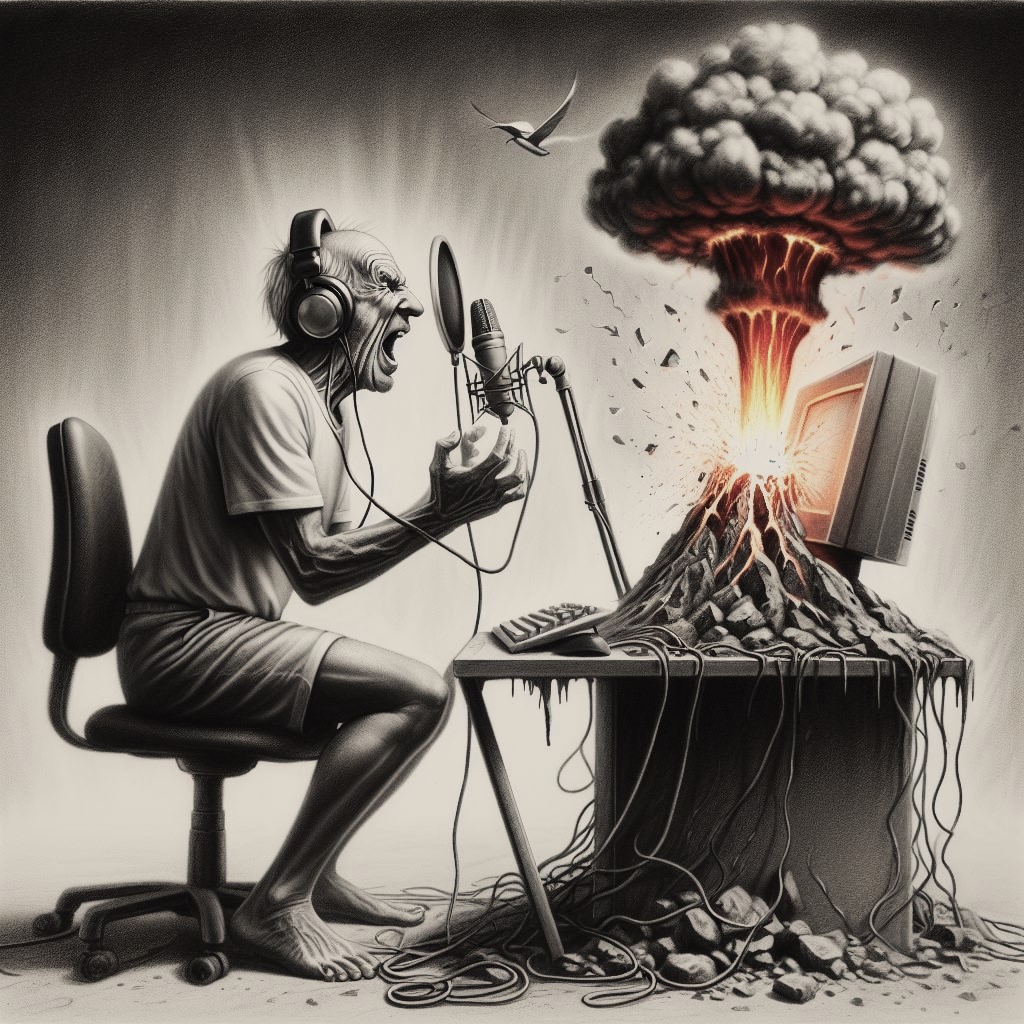To Be Peace Makers We Must First Be Makers Of A Shared Truth
From time immemorial there have been Elders who understood that for there to be Peace and Harmony there must be a shared truth to build it on. Now it is not just the elders but also Microsoft Copilot that understands what so many people don't!
 |
| Your understanding of Peace and Harmony depends upon the lens you look through. |
"The Israeli-Palestinian conflict is characterized by deeply held narratives on both sides, each with its own perspective on history, rights, and justice. These narratives often lead to an “us versus them” mentality, which can make mutual understanding and compromise challenging.
- Diverse Perspectives: Both parties have their own national, historical, and emotional ties to the land, leading to different interpretations of the conflict’s causes and potential solutions.
- Efforts at Understanding: There have been efforts by individuals and groups on both sides to recognize the humanity of the other and work towards mutual understanding.
- Political Realities: The political leadership on each side must balance internal pressures and external expectations, which can affect their approach to negotiations.
Recognizing a common reality is essential for any peace process, but achieving this recognition is complicated by the conflict’s long history and the pain experienced by both Israelis and Palestinians.
Ultimately, a lasting resolution will require both parties to acknowledge each other’s narratives and find a way to coexist peacefully, respecting each other’s rights and security." (Copilot)
_______________________
I hold the following to be an historic fact that people may debate but not deny:
In the late 1800's England and the nascent modern Zionist movement came together and found ways to begin the Imperial Colonization of Palestine.
- Diverse Perspectives: Both parties have their own national, historical, and emotional ties to the land, leading to different interpretations of the conflict’s causes and potential solutions.
- Efforts at Understanding: There have been efforts by individuals and groups on both sides to recognize the humanity of the other and work towards mutual understanding.
- Political Realities: The political leadership on each side must balance internal pressures and external expectations, which can affect their approach to negotiations.
Recognizing a common reality is essential for any peace process, but achieving this recognition is complicated by the conflict’s long history and the pain experienced by both Israelis and Palestinians.
Ultimately, a lasting resolution will require both parties to acknowledge each other’s narratives and find a way to coexist peacefully, respecting each other’s rights and security."(Copilot)
____________________________
Conclusion and Challenge
My blog is read by both Jew and Muslim, Palestinian and Israeli. Will some of you not take a chance and reply to this post so that at least some people from around the world can come together in Salaam, Shalome to discuss what I see as the historical starting point of this long running war?
If we can do this then there is a possibility that we can begin to build the trust and respect that is needed in any peace process.
Outlier


Comments